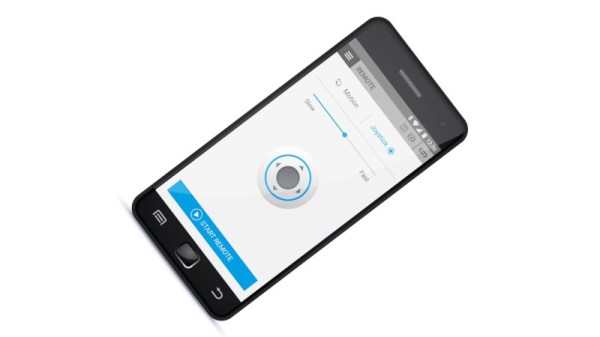While we know that many of you are reading Hackaday via our Really Simple Syndication (RSS) feed, we suspect that most people on the street wouldn’t know that it underlies a lot of the modern internet. [A. McNamee] and [A. Service] have created an illustrated history of RSS that proudly proclaims RSS is (not) dead (yet)!
While tens of millions of users used Google Reader before it was shut down, social media and search companies have tried to squeeze independent blogs and websites for an increasingly large part of their revenue, making it more and more difficult to exist outside the walled gardens of Facebook, Apple, Google, etc. Despite those of you that remember, RSS has been mostly forgotten.
RSS has been the backbone of the podcast industry, however, quietly serving feeds to millions of users everywhere with few of them aware that an open protocol from the 90s was serving up their content. As with every other corner of the internet where money could be made, corporate raiders have come to scoop up creators and skim the profits for themselves. Spotify has been the most egregious actor here, but the usual suspects of Apple, Google, and Amazon are also making plays to enclose the podcast commons.
If you’d like to learn more about how big tech is sucking the life out of the internet (and possibly how to reverse the enshittification) check out Cory Doctorow’s keynote from our very own Supercon.
















